Boston University had the opportunity to fight back against political attacks on its Biosafety Level-4 laboratory at a City Council meeting Monday morning, and there was no shortage of criticisms for the university to answer.
City Councilors Rob Consalvo (Hyde Park, Mattapan) and Mike Ross (Back Bay, Fenway, Kenmore) and city councilors-at-large John Connolly and Michael Flaherty held a hearing to examine the risks associated with the operation of the National Emerging Infectious Disease Laboratory on BU’s medical campus in Boston’s South End.
The councilors’ concerns included overall safety of the facility, the potential problems associated with the transportation of biological agents and pathogens to the lab and city evacuation plans in the event of a serious emergency.
‘It’s important that we as a legislative body of the City Council be given the most up-to-date information as to the status of the project,’ Consalvo, a biolab supporter, said.
Thomas Moore, Associate Provost for Clinical Research at BU’s Medical Campus, said construction of the lab is nearly complete. Now the facility is waiting for the green light to start training its staff, pending approval from the National Institutes of Health’s Blue Ribbon review panel and the resolution of two court cases challenging the facility’s operations.
‘The building is 99 percent complete, but without permissions we cannot do research in the building. We do hope to use the building for additional safety and research reasons in 2009,’ Moore said.
NEIDL Director Mark Klempner dismissed arguments that the BSL-4 laboratory would be a danger to the community and instead focused on the potential benefits of the lab’s research.
‘The mission of the NEIDL is to make fundamental discoveries that lead to the prevention and control of the world’s emerging and reemerging infectious diseases,’ he said. ‘The Public’s health is at stake here and in a globalized world we must be better prepared to respond to new emerging infectious disease threats.’
Boston University Chief of Police Thomas Robbins said he did not doubt the ability of biolab employees to handle emergency situations once they were trained by the facility.
‘All employees who work at the NEIDL will be trained and educated in all aspects of safety and security and that will be incorporated in daily operations at the NEIDL,’ Robbins said.
Robbins said the facility’s employees would undergo intensive background checks by the Department of Justice, drug tests, financial checks and psychological screenings to ensure no workers accidentally or intentionally release pathogens into the general population.
Robbins said BU would go above and beyond the stipulated guidelines of the Department of Transportation when transporting bio-hazardous materials and the Boston Police and Fire departments would know in advance when the materials were traveling.
Flaherty, a biolab opponent, said had no doubt biological agents would arrive on time to the biolab, but questioned the facility’s and the city’s ability to ensure that the package would reach its destination safely.
Flaherty also questioned the laboratory’s ability to evacuate the entire city in the event of a serious emergency when the public has not been informed of any plans to evacuate yet.’
‘If you get the call to evacuate, will you know where to go?’ he said. ‘Will you know where the safe haven is?’
‘I’m glad that you guys have a plan, but I don’t know it and my constituents don’t know it.’
Flaherty brought up last December’s snowstorm, which caused Boston to stop as proof that the city could not handle a large-scale fatal pathogen outbreak.
‘The city evacuation plan is a joke,’ he said.
This is an account occasionally used by the Daily Free Press editors to post archived posts from previous iterations of the site or otherwise for special circumstance publications. See authorship info on the byline at the top of the page.





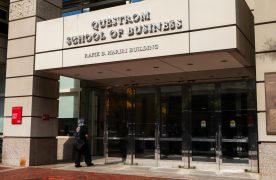
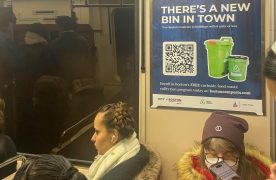

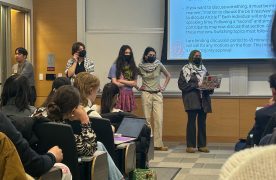
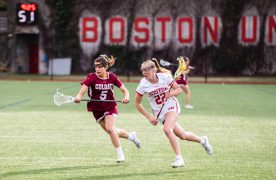


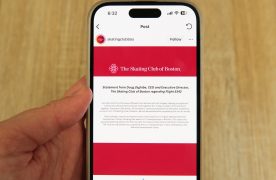
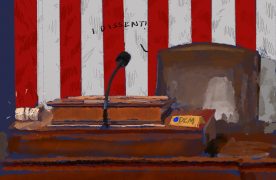
The whole idea of a city-wide evacuation is a joke. The safest thing to do if there was a BSL-4 related outbreak would be to STAY HOME, even in the South End. Whereas evacuation was a failure last year, the USPS distribution of medication in Boston was a huge success. Staying home and waiting for things to blow over makes way more sense than sitting in traffic with nowhere to go.